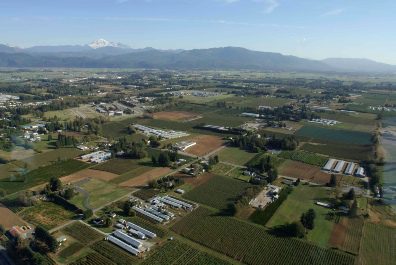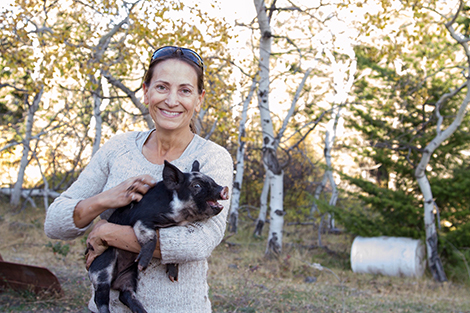ABBOTSFORD – It is critical for the livestock industry to have both an emergency response plan and people trained to implement it, says BC Cattlemen’s Association general manager Kevin Boon.
He admits he was skeptical about the value of participating in last spring’s discussions to develop an emergency response plan (targeted at animal diseases) but last summer’s wildfires have made him a believer.
“2017 was an extremely challenging year for BC ranchers. We started with floods and within days were fighting fires on the same land,” he told the Centre for Organizational Governance in Agriculture livestock seminar in Abbotsford, February 14. “Our industry is still tallying the losses.”
While few people in the Fraser Valley were directly impacted by wildfire, Boon warns snowmelt will happen more quickly on land denuded by the fires. This promises a shorter, more intense freshet and the potential for spring flooding in the Lower Mainland.
Ranchers will also feel a lingering impact, Boon says, because invasive weeds will take over scorched acreage if grass isn’t planted soon.
Although there were emergency response plans, farms were not prepared for the size of the emergency.
“There’s a plan, and there’s being prepared,” Boon says. “They are not the same. Each region had its own plan and there were minor variations, which was a pain for us.”
Ranchers had no way of tracking cattle but that turned out to have an unexpected benefit. Since moving cattle out of danger areas was conditional on having premises ID, “we went from having 25% to 100% enrollment in premises ID in the Chilcotin in 36 hours.”
Boon says the biggest problem was the fact no one in the emergency operations centres knew how to deal with ranchers who defied evacuation orders to care for their animals and put up winter feed. That changed when rancher and BCCA’s AgSafe rep Reg Steward moved into the Williams Lake command centre.
“He didn’t work for government and had ‘skin in the game’ so ranchers could relate to him,” Boon says. “The trouble was I only had one Reg Steward. He was in the EOC for 48 days straight.”
Boon says last summer’s experience has created huge awareness about emergency preparedness.
“This is where associations become important. We have to develop a plan and train people to get in the EOCs,” he says.
Boon has high hopes for the Canadian Animal Health Coalition emergency management plan initiative.
He says it needs to include both animal health emergencies and natural disasters. He would like to see a cross-sectoral approach with a focus on training industry representatives to participate in government-run EOCs.
“If we teach the right principles, there’s no reason we can’t have a chicken producer spell off a livestock producer or vice versa,” Boon says.


 Province launches ALR review
Province launches ALR review